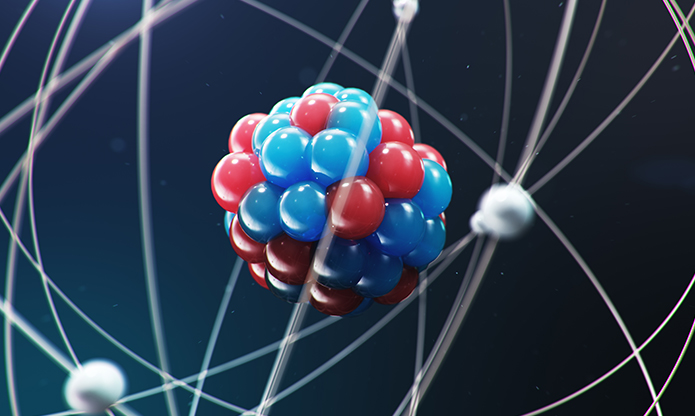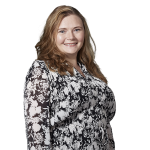Quantum computers provide the opportunity to more accurately calculate the outcomes of complex chemical and biochemical processes. A new research project supported by the Novo Nordisk Foundation aims to solve the major challenge of transferring quantum chemical calculations from classical computers to quantum computers, which function fundamentally differently. In connection with the project, a quantum hub will also be established, which will be the first of its kind in Scandinavia.
The race is on to develop quantum computers for making calculations that far exceed the capabilities of a classical computer.
Quantum computers are relevant in several research fields, especially in the life sciences. In the long term, quantum computers will be able to perform calculations related to complex chemical and biochemical processes with an accuracy that classical computers cannot match.
In a new research project, a group of researchers will work systematically to create new knowledge and develop new methods that will enable the extraordinary computing power of quantum computers to be harnessed to make quantum chemical calculations of molecular properties that can be used in chemistry and biochemistry.
Quantum computers operate differently to classical computers
The project is called Hybrid Quantum Chemistry on Hybrid Quantum Computers and is based at the University of Copenhagen with the participation of researchers from the Technical University of Denmark and the University of Southern Denmark. Together, the researchers aim to solve the major challenge of finding an efficient way to carry out quantum chemical calculations on NISQ (noisy intermediate-scale quantum) computers, which function fundamentally differently than classical computers. The Novo Nordisk Foundation is awarding a grant of DKK 40 million for the project.
The researchers will work with a hybrid approach, in which the calculations that benefit most from being carried out on quantum computers will be carried out there, with other calculations being carried out on classical computers.
“One of the greatest challenges in this project is to rethink the current methods and algorithms within quantum chemistry in the context of quantum computers. Quantum computers work so much differently from classical computers that we cannot simply “transfer” algorithms to the new type of hardware. With such newly developed algorithms available, we expect that we can carry out simulations of extremely complex chemical and biochemical systems and thereby be able to elucidate problems we are unable to elucidate with classical computers,” says Stephan Sauer, Professor at the Department of Chemistry of University of Copenhagen, who is leading the research project.
He explains that a significant part of the project also involves determining which types of calculations can be carried out with great benefits on a quantum computer – and which parts of the calculations can continue to be solved beneficially using a classical computer.
“In this way, we hope to be able to develop a cost-effective method in which quantum computers are only used when they really have a substantial effect. The entire field of research around quantum chemistry on quantum computers is very new but is predicted to have very great potential, and we are therefore extremely pleased that the Novo Nordisk Foundation has chosen to support this particular project,” says Stephan Sauer.
New quantum hub in Copenhagen
It is the aim to use part of the grant to establish an IBM Quantum Hub at the University of Copenhagen which will provide access to quantum computers of the NISQ type.
It will give researchers the opportunity to test their calculations, algorithms and models on some of the most advanced quantum computers existing today. The hub will be the first of its kind in Scandinavia.
“The quantum hub provides access to NISQ computers on which specific calculations can be implemented on some of the most advanced quantum computers we currently have available. In addition, selected researchers from academia and industry will have the opportunity to learn how to program a quantum computer, which is key for preparing us to exploit the potential of the fully functional quantum computers that will hopefully be realised within the foreseeable future,” says Lene Oddershede, Senior Vice President, Natural & Technical Sciences, Novo Nordisk Foundation.









